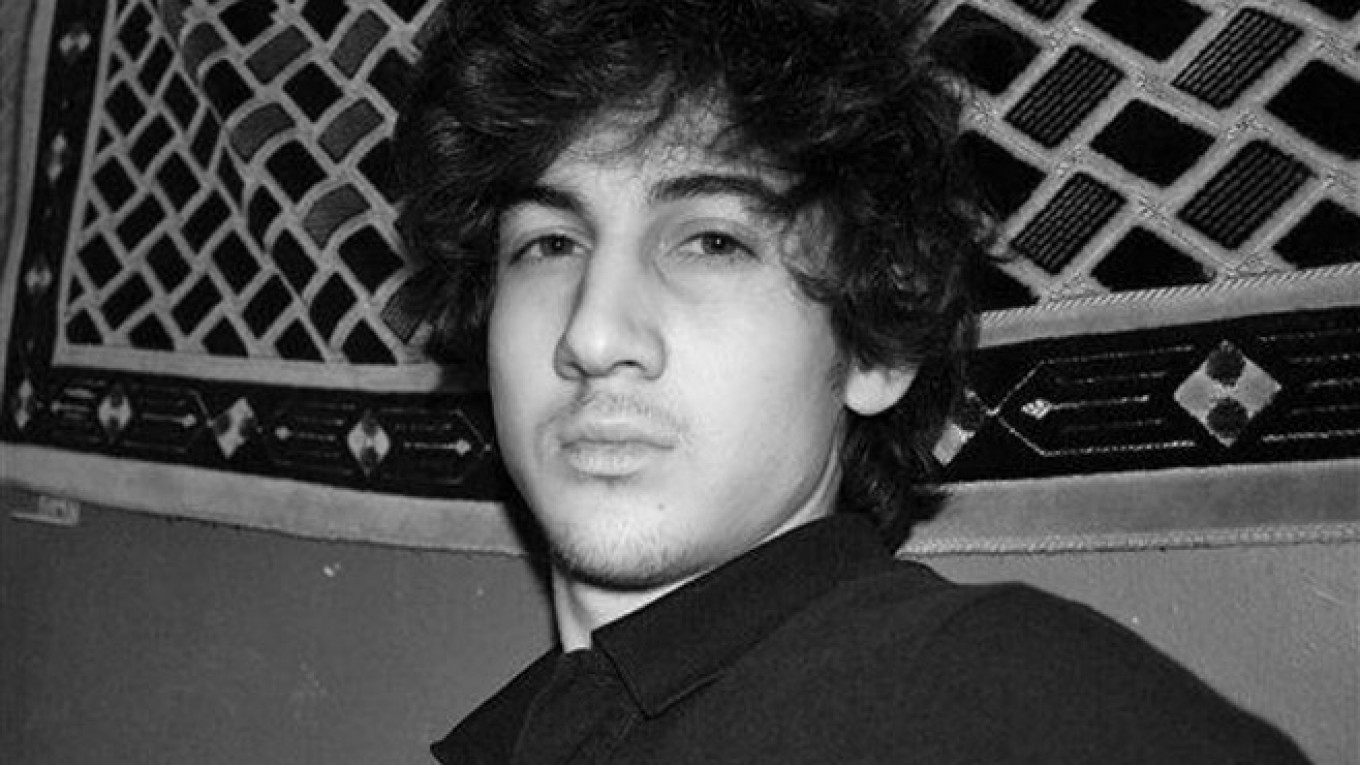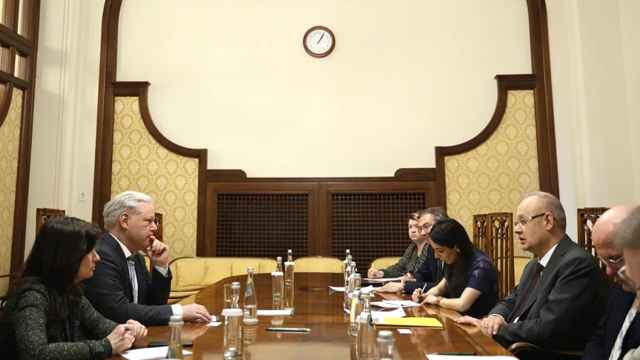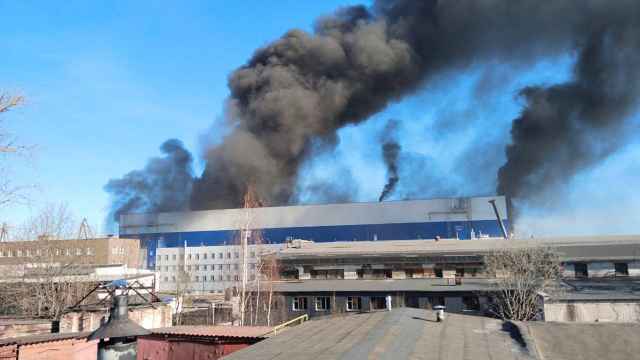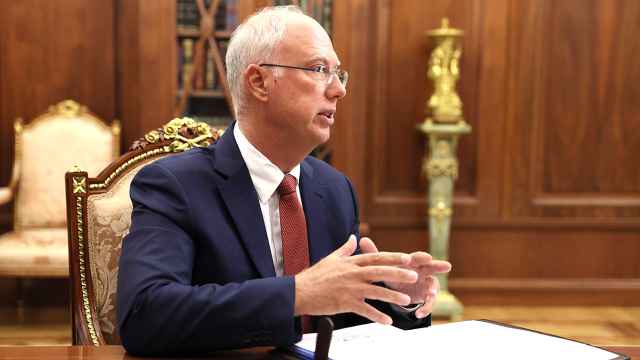From the moment U.S. prosecutors stand up on Wednesday and begin their case against accused Boston Marathon bomber Dzhokhar Tsarnaev, their minds and those of their defense counterparts will be focused on just one thing: the death penalty.
Tsarnaev, 21, is accused of killing three people and injuring 264 with a pair of homemade pressure-cooker bombs left at the race's crowded finish line on April 15, 2013, in the largest mass-casualty attack on U.S. soil since Sept. 11, 2001.
The ethnic Chechen, who moved to the United States from Russia with his family a decade before the attack, could be sentenced to death if he is convicted of charges that also include the fatal shooting of a police officer three days later as he tried to flee the city.
"The bottom line is you're not going to get a not guilty in this case," said Jules Epstein, a Widener University School of Law professor who has represented defendants in federal and Pennsylvania death penalty cases. "I don't think the defense is arguing that. So every move is with an eye on the end game and that is avoiding death."
Tsarnaev has pleaded not guilty to all charges and his attorneys have offered little detail on their case, with the bulk of both prosecution and defense filings under seal in Boston federal court. But legal experts said the defense will likely try to show that his 26-year-old brother, Tamerlan, an amateur boxer, who died following a gun battle with police as the pair tried to flee Boston, was the driving force behind the attack.
Showing that he was heavily influenced by his brother could be a mitigating factor that would persuade a jury to sentence Tsarnaev to life in prison rather than death, legal experts said. For prosecutors, the challenge is to show that he was fully responsible for actions while not making any errors that could result in a guilty verdict or death sentence being overturned on appeal.
"With someone who is so young, the strategy would be to try to humanize him in front of the jury," said Deborah Denno, a Fordham University School of Law professor who specializes in the capital punishment.
"In a death penalty case … you try to humanize him as much as possible to make it so the jury empathizes with him."
Finding the jury has been an arduous process, as eligible jurors needed to be willing to consider imposing the death penalty, and not have too personal a connection to the event.
The faces of Tsarnaev and his older brother as seen on a surveillance video walking towards the site of the blasts carrying backpacks that prosecutors contend held the bombs are burned into the memory of Boston-area residents.
Thousands of people were crowded around the finish line when the bombs went off and hundreds of thousands ordered to remain in their homes for four days as police mounted a massive manhunt.
Tsarnaev was found hiding in a dry-docked boat, where he had written a note suggesting the attack was an act of retribution for U.S. military involvement in Muslim-dominated countries.
When the trial opens, prosecutors will be seeking to show evidence that Tsarnaev understood his actions and played an active role in planning and building the pressure-cooker bombs that ripped through the crowd, tearing the legs off 16 people and killing spectators as young as 10.
"If they indeed show that he ordered someone to do something or actively participated in the discussion about where to place the backpacks, made anti-American statements, that would hurt" the defense, said Dean Weinstein, an attorney now in private practice who previously brought death-penalty cases as a state and federal prosecutor.
Prosecutors will also need to tread carefully since if the jury finds Tsarnaev guilty and sentences him to death at the trial's end, expected in June, both decisions likely would be immediately appealed.
Particularly when questioning victims of the attack, prosecutors will need to take care not to elicit testimony so emotional that it would be found inflammatory by an appeals court, experts said.
"You can reach a tipping point where the appellate court will say you've gone too far," said Epstein, of Widener University. "The prosecution has to tell the terror and the violence of this case without making it impossible for jurors to react in a rational way when they reach sentencing."
A Message from The Moscow Times:
Dear readers,
We are facing unprecedented challenges. Russia's Prosecutor General's Office has designated The Moscow Times as an "undesirable" organization, criminalizing our work and putting our staff at risk of prosecution. This follows our earlier unjust labeling as a "foreign agent."
These actions are direct attempts to silence independent journalism in Russia. The authorities claim our work "discredits the decisions of the Russian leadership." We see things differently: we strive to provide accurate, unbiased reporting on Russia.
We, the journalists of The Moscow Times, refuse to be silenced. But to continue our work, we need your help.
Your support, no matter how small, makes a world of difference. If you can, please support us monthly starting from just $2. It's quick to set up, and every contribution makes a significant impact.
By supporting The Moscow Times, you're defending open, independent journalism in the face of repression. Thank you for standing with us.
Remind me later.






